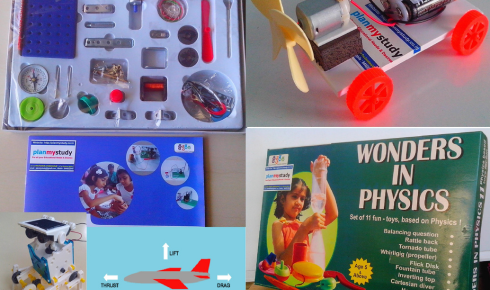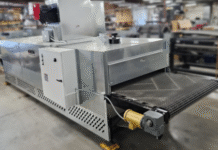Hands-on learning is one of the most effective ways to spark curiosity and develop practical skills in students. science project kits are specially designed to make learning interactive, engaging, and fun. These kits provide all the necessary components and instructions to perform experiments safely, helping students understand complex scientific concepts in a practical way. Whether it’s chemistry, physics, or electronics, these kits allow learners to explore, create, and innovate.
One of the key benefits of using science project kits is that they encourage experiential learning. Students are no longer limited to reading theory from textbooks; they get to apply scientific principles in real-world scenarios. For instance, assembling a circuit or conducting a chemical reaction gives learners a tangible understanding of how science works. This approach improves retention, sharpens problem-solving skills, and fosters creativity in students.
A popular category among these kits is the electronic kit, which is designed to introduce students to the fundamentals of electronics and circuitry. These kits typically include components like resistors, LEDs, batteries, switches, wires, and detailed manuals. Students can build projects ranging from simple circuits to more complex gadgets, helping them grasp concepts such as current, voltage, and conductivity. The process of assembling and troubleshooting circuits also develops analytical thinking and patience, key traits for anyone pursuing STEM education.
Science project kits are ideal for parents, teachers, and students who want a structured yet exciting learning experience. They save time by providing pre-selected components and step-by-step instructions, removing the need to source individual parts. Moreover, these kits are designed with safety in mind, ensuring that young learners can conduct experiments without risk. Many kits also cater to different skill levels, so beginners can start with simple projects while advanced students can explore more challenging experiments.
An added advantage of science project kits is that they promote STEM (Science, Technology, Engineering, and Mathematics) education. Early exposure to practical experiments encourages curiosity and critical thinking. Students learn to analyze, experiment, and develop solutions, laying a solid foundation for future careers in science, technology, and engineering fields. Projects from electronic kits, such as creating a basic circuit or a small motor, introduce students to real-world applications of technology, making learning both relevant and exciting.
When selecting a science project kit, it’s important to consider the learner’s age, interest, and skill level. Younger students may prefer visual and interactive experiments like magnetic demonstrations or color-changing reactions, while older students can tackle robotics, solar energy projects, or advanced electronic circuits. A well-designed kit ensures that students remain engaged, motivated, and challenged throughout their learning journey.
Beyond academics, science project kits also provide entertainment and teamwork opportunities. Many projects encourage collaboration, where students share ideas, discuss solutions, and learn from one another. Completing a project offers a sense of accomplishment and boosts confidence, motivating students to explore more complex scientific challenges. By combining education with play, these kits make learning an enjoyable and memorable experience.
In conclusion, science project kits and electronic kits are powerful tools that bridge the gap between theoretical learning and practical application. They inspire curiosity, enhance problem-solving skills, and nurture creativity in young minds. Perfect for school projects, hobby learning, or competitive experiments, these kits provide a safe, structured, and exciting way for students to explore the wonders of science and technology, preparing them for a bright and innovative future.




